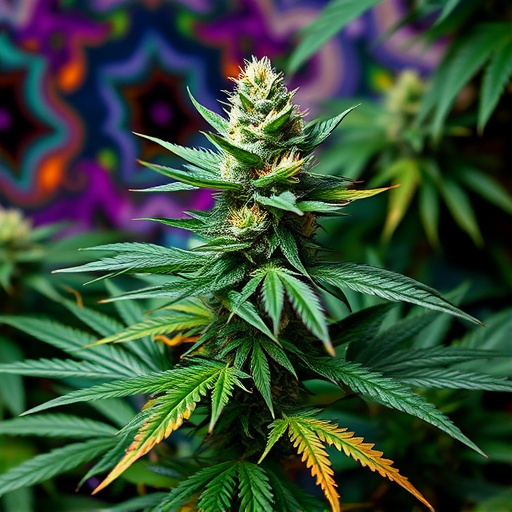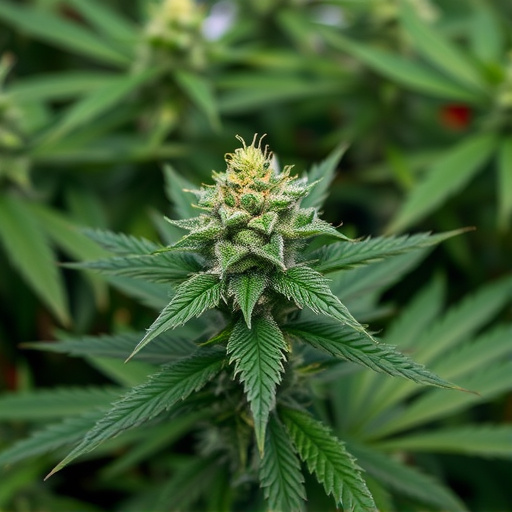The legal status of magic mushroom chocolates varies globally, making it crucial for businesses to research local laws and obtain necessary permits. Regulations differ significantly, with some areas fully legalizing and regulating psilocybin-infused edibles under strict rules, while others consider them illegal or semi-legal. Compliance involves understanding psilocybin concentrations, implementing robust quality control, accurate labeling, staying updated on legislative changes, and ensuring secure storage and delivery logistics for perishable products.
“Discover the enchanting world of Magic Mushroom Chocolates and their burgeoning popularity. This emerging trend presents an intriguing fusion of culinary delight and psychotropic experiences. However, navigating the legal status of these treats is paramount, especially with bulk ordering considerations in mind. From sourcing premium quality chocolates to understanding ever-changing regulations, this article guides you through the process, ensuring compliance with the legal status of magic mushroom chocolates.”
- Understanding Magic Mushroom Chocolates and Their Current Legal Landscape
- Bulk Ordering Considerations: From Sourcing to Delivery
- Navigating Regulations: Ensuring Compliance for Magic Mushroom Chocolate Businesses
Understanding Magic Mushroom Chocolates and Their Current Legal Landscape

Magic mushroom chocolates, also known as psilocybin-infused edibles, are a relatively new addition to the world of recreational and therapeutic substances. These chocolates contain compounds found in certain types of mushrooms, such as psilocybin and psilocin, which have been linked to altered states of consciousness and potential psychological benefits. However, navigating the legal landscape surrounding these products is complex due to varying regional regulations.
The Legal Status of Magic Mushroom Chocolates varies significantly across countries and even within regions. In some places, they are fully legalized and regulated, allowing for bulk orders and commercial sales under strict guidelines. Other jurisdictions have deemed them illegal or semi-legal, making it difficult for businesses to operate openly. This discrepancy is often attributed to the ongoing debate surrounding psychedelic substances’ therapeutic value versus potential risks, leading to a fragmented legal framework that requires careful consideration when placing bulk orders.
Bulk Ordering Considerations: From Sourcing to Delivery

When considering bulk orders of magic mushroom chocolates, understanding the legal status of these products is paramount. The legality varies significantly across regions, with some areas permitting sales for medicinal or recreational use, while others maintain strict restrictions. Before sourcing, it’s crucial to research and comply with local regulations to avoid legal pitfalls. This includes obtaining necessary permits, ensuring product safety, and adhering to labeling standards.
Delivery is another critical aspect of bulk ordering. Given the perishable nature of chocolate, efficient logistics become essential. Businesses must implement robust supply chain management systems that include temperature-controlled transportation and secure storage solutions. Additionally, transparent communication with clients regarding delivery timelines and potential delays is vital to managing expectations and fostering customer satisfaction.
Navigating Regulations: Ensuring Compliance for Magic Mushroom Chocolate Businesses

Navigating Regulations: Ensuring Compliance for Magic Mushroom Chocolate Businesses
The legal status of magic mushroom chocolates varies across regions, presenting a complex landscape for businesses in this niche market. As these products gain popularity, regulators are still grappling with their classification and potential risks. In many areas, magic mushroom chocolates are considered legal as long as they contain low levels of psilocybin and meet certain safety standards. However, strict regulations regarding packaging, labeling, and sales channels often apply, varying from one jurisdiction to another. Businesses must meticulously understand local laws to avoid legal complications.
To stay compliant, chocolate makers specializing in magic mushroom products should invest time in thorough research. This includes understanding psilocybin’s legal definition, maximum allowable concentrations, and requirements for obtaining the necessary licenses or permits. Furthermore, businesses need to implement robust quality control measures to ensure their products are safe for consumption, accurately label them with precise ingredient information, and adhere to distribution guidelines. Regular updates on legislative changes are crucial to maintaining compliance in this evolving industry.
The legal status of magic mushroom chocolates remains a complex and evolving landscape. As consumer interest grows, businesses venturing into bulk ordering must carefully navigate regulations to ensure compliance. Understanding the current legal framework is crucial for successful entry into this market, enabling safe and responsible distribution while respecting varying regional laws. By addressing sourcing, delivery, and regulatory concerns, entrepreneurs can contribute to a sustainable and regulated industry, providing consumers with access to these unique products while mitigating potential risks.














